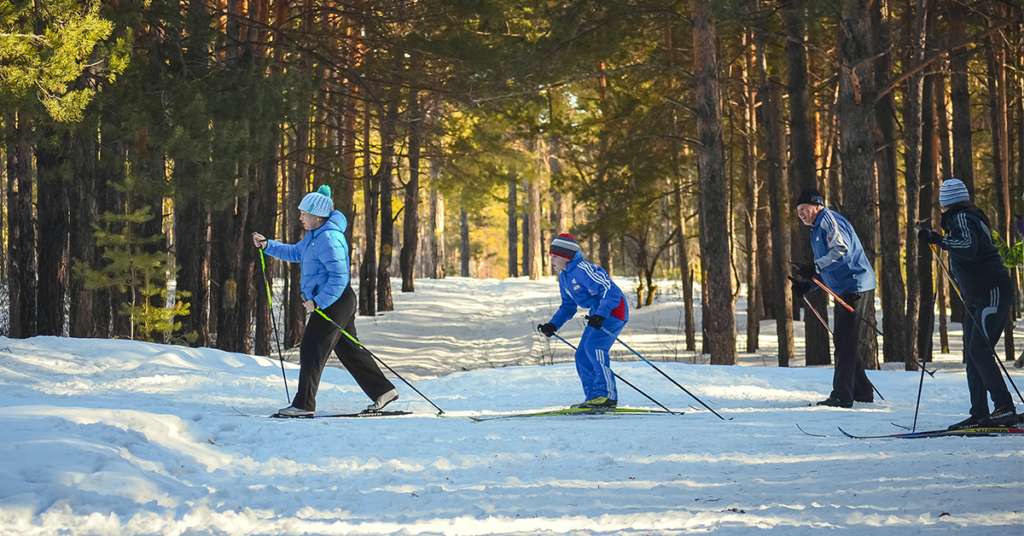
Non-Surgical Blog
Winter Activity Safety
February 11, 2022

Many of our patients at Chattanooga Non-Surgical Orthopedics head off while the weather is still cold to hit the slopes before the spring thaw. Because skiing, snowboarding and snow tubing isn’t something we do every day like other activities, it’s easy to injure yourself when your body is out of practice, and waking up with back pain is never fun. Here are a few common orthopedic injuries we see during ski season and some tips to help keep you injury free.
Sprains
When your knee bends in an unnatural way––something very easy to do when you’re wearing skis––the ligament around your knee joint can be stretched or torn. This causes a knee sprain, one of the most frequent injuries we see in skiers. Trauma to ligaments in the ankle joint can cause an ankle sprain. These injuries are often the result of slipping or twisting in an unnatural way- something more common in snow sports.
Dislocations
If your arm (humorous) gets displaced from the socket of the shoulder blade (scapula) you have a dislocated shoulder. This can happen at any time, particularly from a fall. But when on the slopes, falls are much more likely, and though snow seems like a soft landing, often it is not.
Fractures or Breaks
When we fall, our instinct is to catch ourselves with our hands. Our wrists will bear the weight of a body during a fall and this often leads to a host of injuries from sprains to broken bones. Most commonly, we see hairline fractures in the wrist bones. More seriously, we also see actual bone breaks in the legs, arms and ribs. If you sustain a dramatic fall, hit another skier, or slide into a tree, it can result in a fractured bone and cause significant pain.
Preventing winter sport injuries usually comes down to having appropriate equipment, enjoying the activity with proper caution, and preparing your body before heading to the mountains. Here are some steps you can take to ensure that your skiing trip is a safe one:
Stretch and Warm Up
This seems like obvious advice, but it can be crucial. Before you strap on your skis or jump on the snowboard, do some stretches and warm up exercises, like jogging in place or jumping jacks.
| Patients at Chattanooga Non-Surgical Orthopedics have exclusive access to our series of clinical exercise videos. Ask about these at your next appointment! |
Take a Lesson
Many of us think we can ski or snowboard without any help or instruction. For some, this may be true, but even for the more seasoned skier, If it’s your first adventure since last winter, consider a lesson before you start. You might be surprised to learn a few new tips. A skiing lesson is especially critical for beginners, as these classes will teach you how to fall correctly and take steps to avoid the risk of injury. They’ll also give you the chance to practice in a low-pressure environment.
Stay Fit
Has your New Year’s resolution to get fit fallen by the wayside yet? Skiing shouldn’t be your only means of physical activity. Stay healthy and active year-round; if you’re not in good physical condition, you’re more likely to suffer a serious injury while skiing.
Stop If You Get Hurt
Many who love the winter sports may have a minor injury but then attempt to push through it by walking it off or waiting until pain subsides, then continuing. It’s important to stop and rest when you’re hurt. Pushing through will usually only make your injury worse, and could turn a temporary setback into a more serious problem that could potentially last weeks, months or even longer..
Hydration
This simple step can help prevent muscle cramps and injuries, as well as boosting your endurance and physical ability. If cold water doesn’t appeal to you, try warm water with a squeeze of lemon juice or put your favorite herbal tea in a thermos.
Know When Stop for the Day
When you start feeling tired, it’s time to take a break or pack it in for the day. Skiing while fatigued is more dangerous than skiing while well-rested. Difficult runs should not be the first thing you tackle right out the door, but they also shouldn’t be saved for the end of the day either when you’re feeling tired. Listen to your body.
Regenerative Medicine
Once you’ve returned home from your skiing trip, any minor injuries should resolve given adequate rest and recovery. However, injuries that don’t get better in the days and weeks after you get home where the pain is either the same as when you sustained the injury or getting worse, is a sign that medical attention is needed. Swelling and tenderness that does not go away, a limited range of motion, and feelings of tingling, burning, or numbness are also your body’s way of telling you that there’s something wrong.
At Chattanooga Non-Surgical Orthopedics, we employ a number of innovative non-surgical treatment options for sports injuries caused by skiing and other activities. We are leaders in the field of sports medicine, using advanced regenerative medicine procedures to bolster your body’s ability to heal itself.
Call us today if you’ve been injured or have any of these symptoms. We’ll take a non-surgical approach to getting you better, naturally! 423-499-0003.

Search our blog posts: